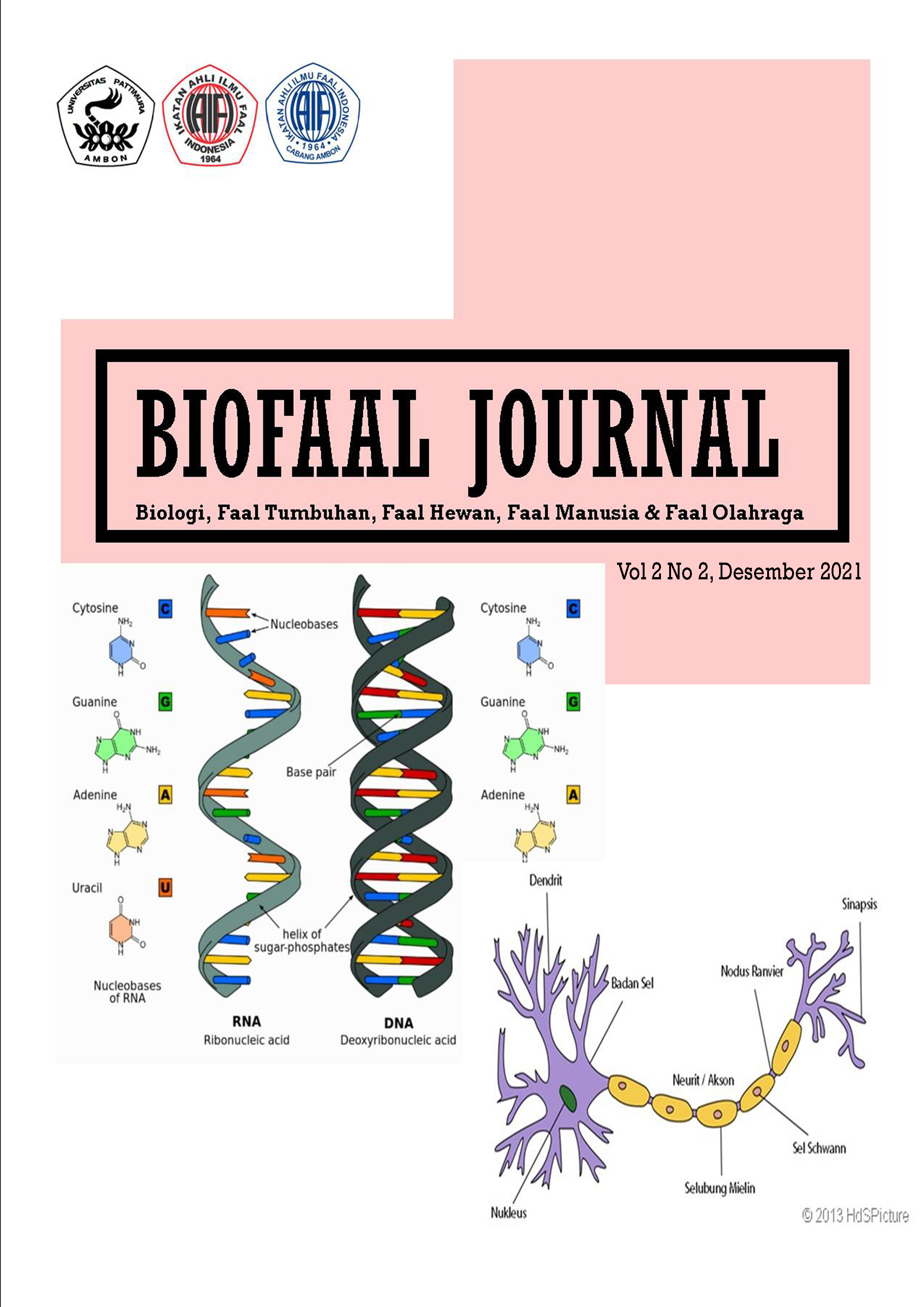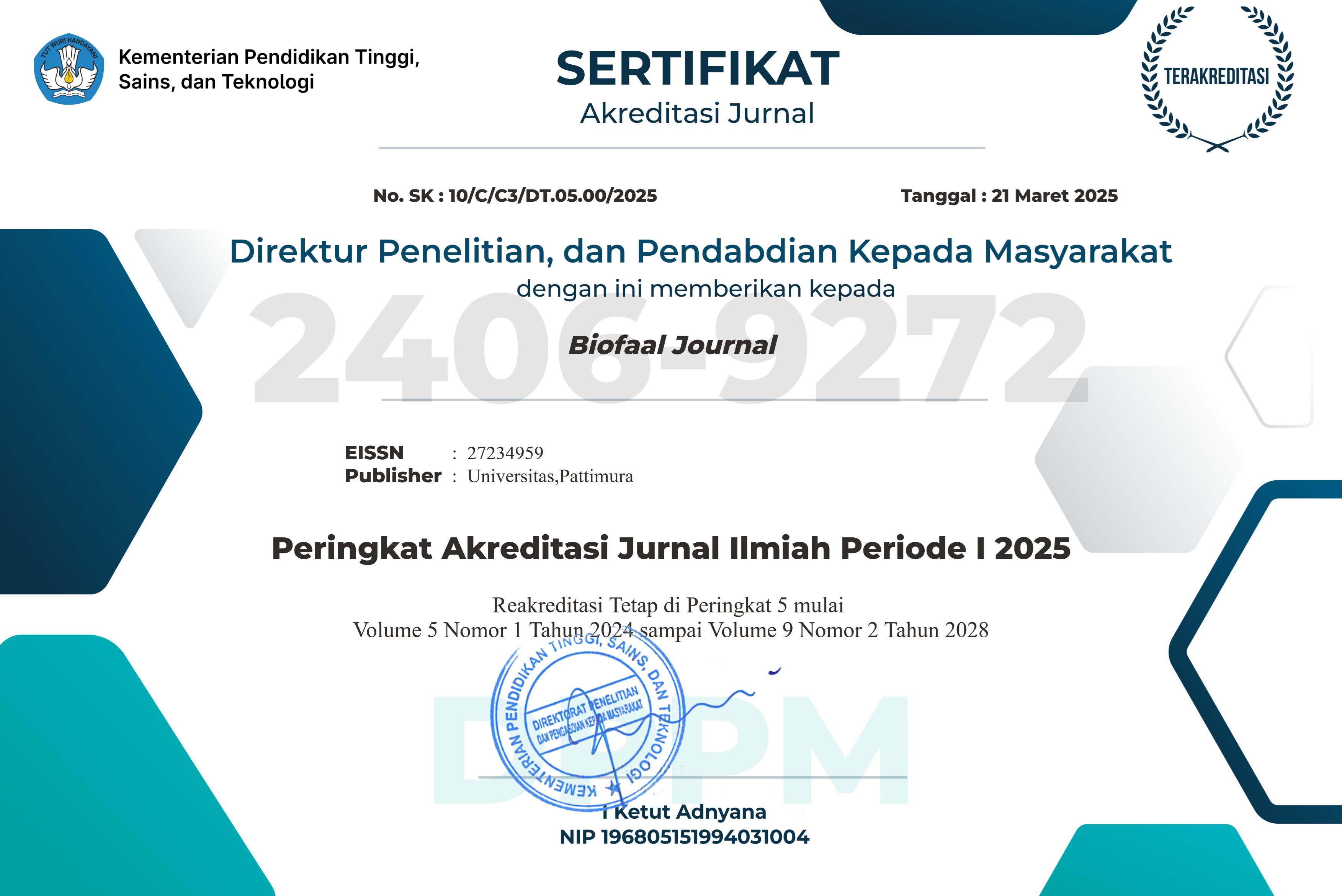THE INFLUENCE OF THE GIVING OF RELIABLE RENEWABLE WATER ON THE DECREASE OF URATIC ACID LEVEL IN ELDERLY IN NGEGONG CHILDHOOD, MADIUN CITY
Abstract
Uric acid is the end result of metabolism of purines in the form of nucleoproteins,which is one component of nucleic acid found in the nucleus of body cells.Celery boiled water that contains apiin and apigenin is believed to reduce levels of uric acid naturally without causing side effects. This study aims to examine the effect of celery stew water on decreasing uric acid levels in the elderly. Research in Ngegong chilhood Madiun City conducted on 07-13 May 2021. The study used pre-experiment with One Group Pretest Posttest design. The sampling technique with simple random sampling technique. Total sample 66 elderly. Respondents were checked for uric acid levels before and after therapy. Before the celery boiled water therapy was carried out, the average uric acid level of the respondent was 7.9 mg / dl, after being given therapy the celery stew water on average the respondents' uric acid level was 5.9 mg / dl. Statistical analysis using Paired T-Test. The result of Paired T-test on 66 elderly got decrease of uric acid level with p-value 0,000 (p <0,05). This shows that there is an effect of celery stew water on decreasing uric acid levels in the elderly. Based on the results of research, there is the effect of celery boiling water to decrease uric acid levels in the elderly. Provision of these therapies can be used to decrease uric acid levels in the elderly by done regularly with 200 cc every morning.
Downloads
Copyright (c) 2023 Priyoto Priyoto, Asrina Pitayanti, Dian Anisia W., Mega Arianti P.

This work is licensed under a Creative Commons Attribution-NonCommercial-ShareAlike 4.0 International License.
1. Author retain copyright and grant the journal right of first publication with the work simultaneously licensed under a creative commons attribution license that allow others to share the work within an acknowledgement of the work’s authorship and initial publication of this journal.
2. Authors are able to enter into separate, additional contractual arrangementfor the non-exclusive distribution of the journal’s published version of the work (e.g. acknowledgement of its initial publication in this journal).
3. Authors are permitted and encouraged to post their work online(e.g. in institutional repositories or on their websites) prior to and during the submission process, as it can lead to productive exchanges, as well as earlier and greater citation of published works.








